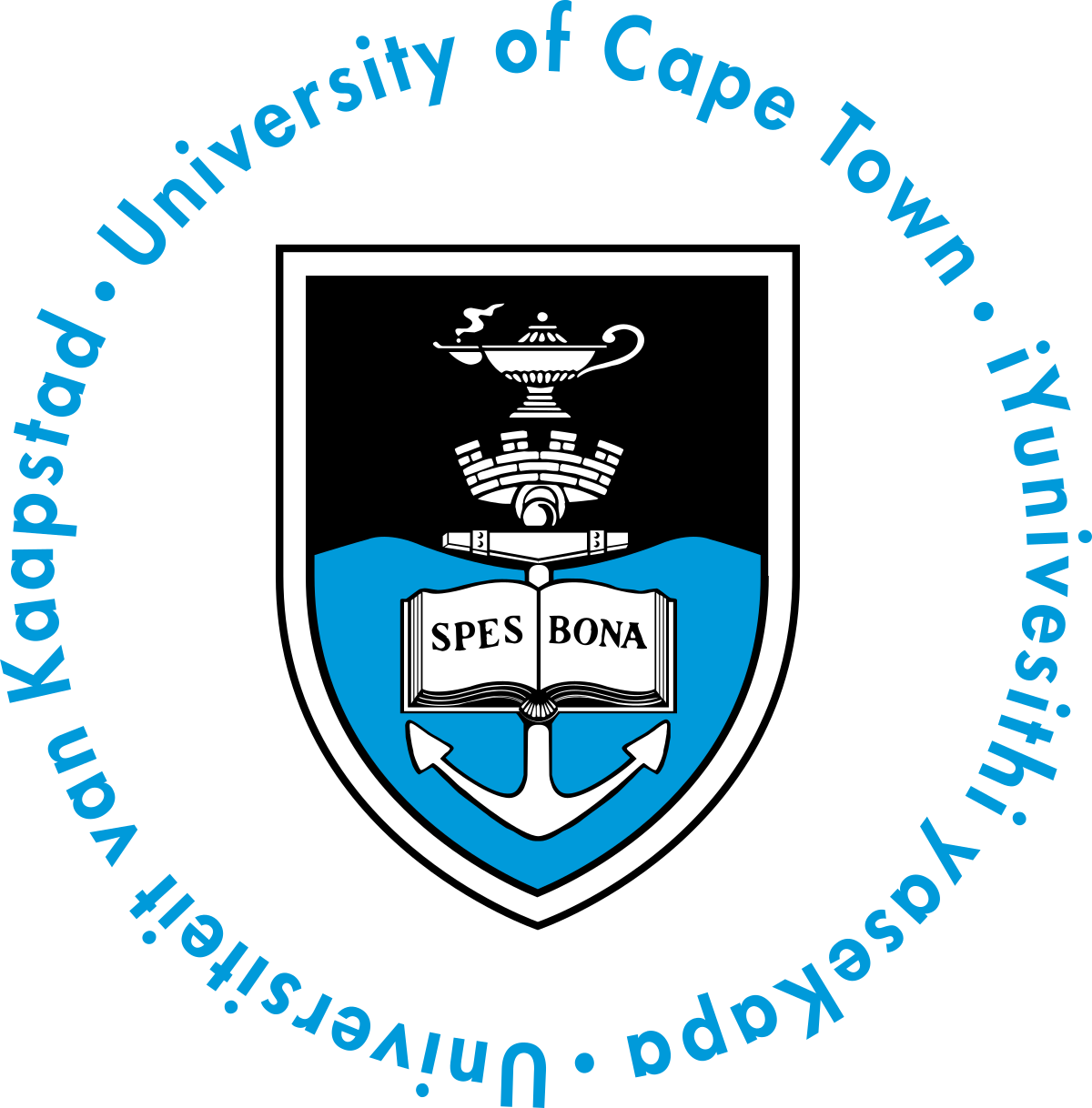
UCT School of Architecture, Planning and Geomatics
The School of Architecture, Planning and Geomatics at the University of Cape Town (UCT) stands out among Sub-Saharan African institutions for its diverse and comprehensive academic offerings. Home to over 500 students and 27 full-time academic staff members, the School mirrors the complexity and vibrancy of a global south metropolis in miniature. Within this rich and diverse environment, students are encouraged to develop their identities through an evolving curriculum that fosters increasing independence in research, writing, and design.
CHECK ALSO UCT Faculty of Health Sciences Undergraduate Application – Apply Now
A Unique Learning Environment
Situated in Cape Town—one of Africa’s most dynamic and challenging urban contexts—the School offers a deeply engaged, place-based learning experience. Students are inspired to critically explore and respond to their surroundings, using the city as both a classroom and a testing ground for ideas.
A Legacy of Innovation and Transformation
Originally founded in 1922 by the Cape Institute of Architects to prepare students for the Royal Institute of British Architects (RIBA) exams, the School became an autonomous academic program in 1937. Since relocating to the Centlivres Building on UCT’s Upper Campus in 1959, the School has expanded its scope to include a wide range of disciplines such as landscape architecture, urban design, conservation, and geomatics.
CHECK EVEN MORE University of Cape Town (UCT) Faculty of Law – Application Information
Interdisciplinary Strength
While each program maintains its own focus, the School’s real strength lies in its interdisciplinary approach. Students and staff collaborate across fields—surveying, regional planning, environmental systems, and more—to engage with real-world challenges in meaningful, socially responsive ways. This cross-disciplinary ethos emphasizes creative thinking, design technology, and the improvement of human environments.
CHECK ALSO University of Cape Town (UCT) Admission Requirements
Social Relevance and Critical Engagement
The School positions itself as a laboratory for critical engagement with the physical, social, cultural, and economic dimensions of Southern Africa. Its educational philosophy is rooted in action-oriented design, complementing more traditional engineering approaches and prioritizing responsiveness to local realities—including the spatial legacy of apartheid.
A Vision for Future Leaders
Guided by UCT’s strategic goals, the School fosters innovation while encouraging reflection on technological change, its cultural implications, and social consequences. It values not just disciplinary excellence but also the cultivation of core humanistic principles: creativity, diversity, open-mindedness, perseverance, and civic responsibility.
In a constantly changing society, the School aims to graduate individuals who are not only technically proficient but also critically aware and socially engaged—prepared to lead transformative change in their fields and communities.




